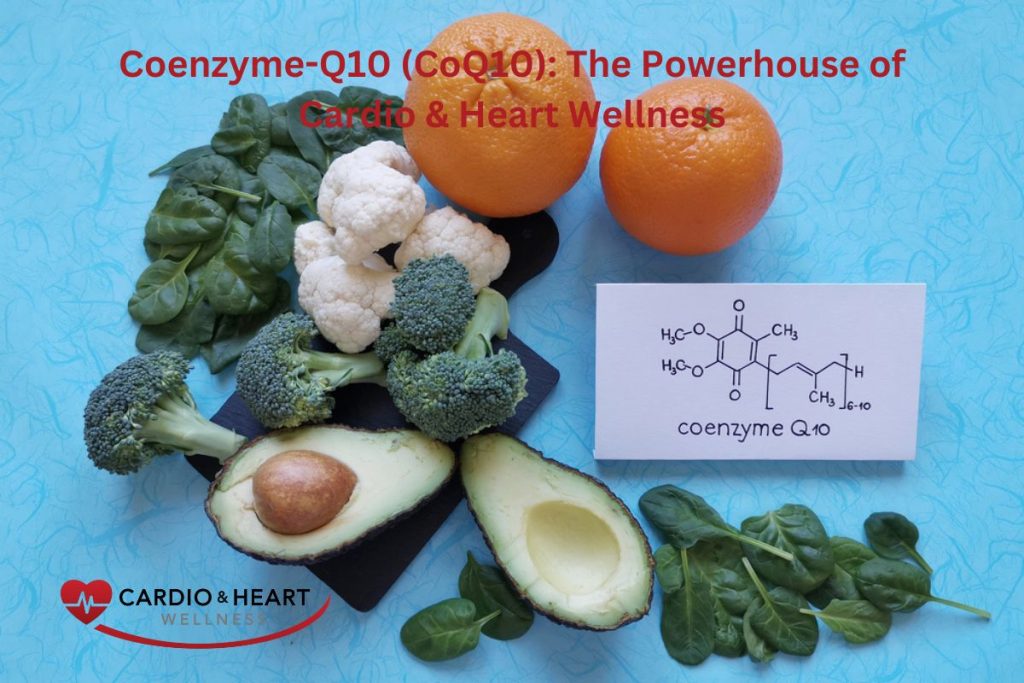
The realm of cardiovascular health is vast and complex, brimming with numerous vital compounds and nutrients. Among these, Coenzyme-Q10, commonly known as CoQ10, has emerged as a pivotal player. Its role in energy metabolism, particularly in muscles, warrants our attention and a deeper dive into understanding its broad spectrum of benefits.
CoQ10 is often described as a fat-soluble, vitamin-like compound, but this definition barely scratches the surface. At its core, CoQ10 plays an instrumental role in our cells’ energy production, acting as a co-factor for this essential process. Without it, our muscles, including the crucial heart muscle, may experience symptoms of weakness, fatigue, and dysfunction.
For those keen on harnessing CoQ10’s benefits, there are multiple avenues:
CoQ10 is not just another compound; it’s a linchpin in the intricate machinery of our health, especially concerning the heart. Given its broad array of benefits and its critical role in energy metabolism, ensuring an adequate intake of CoQ10 could be a game-changer for many, promising improved vitality and overall health.
Always consult with healthcare professionals before incorporating any supplements into your routine, particularly if you have existing health conditions or are on other medications.
Stay updated with the tips, and exclusive offers from C&H Wellness
COPYRIGHT @ 2025 CARDIO AND HEART WELLNESS